Common Myths About Dental Veneers

Common Myths About Dental Veneers
Understanding the facts and misconceptions about dental veneers can help individuals make informed decisions regarding their dental care. Two common areas of misunderstanding surround the customization and application of veneers, as well as their stain resistance and maintenance.

Customization and Application
One prevailing myth is that dental veneers are a one-size-fits-all solution. In reality, veneers are highly personalized according to each individual's needs and preferences. Thanks to advanced dental technology, veneers can be customized in terms of color, shape, and thickness to match natural teeth seamlessly [1]. Most modern veneers are thin, requiring only minimal reshaping of the natural teeth, typically about .3mm. This allows them to fit comfortably over existing teeth without extensive filing.
In terms of the application process, many individuals mistakenly believe it is painful. However, the procedure generally involves local anesthesia for the removal of a few layers of enamel. Most patients report that the process is straightforward and easy, with little to no discomfort [1].
MythFactVeneers are not customizedVeneers are tailored to meet individual needs and preferences.The process is painfulThe procedure typically uses local anesthesia, and patients report minimal discomfort.Veneers require significant reshaping of teethModern veneers are thin and only require minimal enamel removal.
Stain Resistance and Maintenance
Another common misconception is that dental veneers stain easily over time. While some dental materials are more prone to discoloration, modern veneers are designed to be stain-resistant. Maintaining veneers is similar to caring for natural teeth and involves a regular routine of brushing and flossing. This can keep them looking white and glossy throughout their lifespan, which averages around 10 years [1].
Although some patients might think that special products or care regimens are required to maintain their veneers, the truth is that standard dental hygiene practices are usually sufficient. Regular check-ups and cleaning with a dentist can further ensure the longevity and appearance of the veneers.
MythFactVeneers stain easilyModern veneers are designed to resist stains.Special care is requiredRegular dental hygiene is sufficient to maintain veneers.
Addressing these myths helps clarify the true capabilities and care for dental veneers, guiding individuals to make better choices for their dental health. For more information about the process of getting veneers, check our article on what to expect during a dental veneer procedure?.
Durability and Longevity
Dental veneers are designed to be a long-lasting solution for improving the appearance of teeth. Understanding their lifespan and how to extend it can dispel many common myths about dental veneers.
Lifespan of Veneers
Veneers can provide substantial durability and longevity when properly cared for. Here is a summary of their lifespan based on the material used:
Type of VeneerAverage LifespanPorcelain Veneers10 - 20 yearsComposite Resin Veneers4 - 8 years
Traditional porcelain veneers typically last at least 10 years, and some studies indicate they can endure for as long as 20 years with appropriate maintenance. Porcelain veneers tend to resist stains better and exhibit light-reflecting properties similar to natural teeth. In contrast, composite resin veneers have a shorter lifespan, averaging between 4 to 8 years.
Replacement and Tips for Longevity
Even the most resilient veneers will eventually require replacement as they wear down over time. Regular dental check-ups and maintaining proper oral hygiene can greatly influence their longevity. Here are some tips to extend the lifespan of dental veneers:
By following these guidelines, individuals can ensure that their veneers remain in excellent condition for as long as possible. The key is to remain proactive regarding oral care and to discuss any concerns with a dental professional. For more details on specific procedures, check out what to expect during a dental veneer procedure.
Cost and Insurance Considerations
Understanding the financial aspects of dental veneers is crucial for those considering this cosmetic enhancement. The cost of veneers can vary significantly based on several factors, including the type of veneer, the geographical location, and the specific dental professional performing the procedure.
Pricing Factors
The cost of dental veneers typically ranges between $925 and $2,500 per tooth, according to the American Dental Association. The average cost of a single veneer is around $1,300. Composite resin veneers are generally less expensive, costing approximately $800 per tooth, while porcelain veneers can range from $900 to $2,500 per tooth.
Type of VeneerCost Range (per tooth)Composite Resin Veneers$800 - $1,100Porcelain Veneers$900 - $2,500
Factors influencing the total cost include:
Insurance Coverage
Dental veneers are generally categorized as cosmetic procedures, and they are typically not covered by insurance, Medicare, or Medicaid. However, there are exceptions. If a veneer procedure is deemed medically necessary—such as repairing a tooth damaged due to an accident—it may be eligible for insurance coverage [5].
Patients considering veneers should explore their insurance policies; some plans may offer partial coverage under specific circumstances. Additionally, several ways can help manage the cost, including financing options, cosmetic dentistry grants, or full-coverage healthcare plans. Individuals can also refer to articles discussing how much do porcelain veneers cost? for in-depth insights about pricing related to veneers.
Understanding these cost factors and insurance considerations can assist individuals in making informed decisions regarding their dental veneer options.
Veneers vs. Other Dental Procedures
When considering cosmetic dental options, it is essential to understand the benefits of veneers and how they compare to alternative procedures. Here’s a closer look at the advantages of veneers and a comparison with other options available.
Benefits of Veneers
Veneers are thin shells made from porcelain or composite material that are bonded to the front of teeth to enhance their appearance. They offer several benefits:
Comparing Veneers to Alternatives
While veneers are a popular choice, there are alternative procedures, each with its advantages and disadvantages. Here's a comparison with some common alternatives:
ProcedureLifespanCostStain ResistancePermanencePorcelain VeneersUp to 20 yearsModerate to HighHighPermanent (Tampa Smile Co)Composite Veneers5 to 10 yearsLowerModerate, more vulnerable to stainsPermanentDental Bonding5 to 10 yearsLowerModerateReversibleLumineersLasts around 10 yearsModerateHighLess permanent, minimal enamel removal (Carolina Smiles Family Dental)Clip-on/Non-prep VeneersTemporaryVariesHighReversible
Composite veneers are generally less costly but do not last as long as porcelain options and are more susceptible to staining. Dental bonding offers a reversible option but is also less durable. Lumineers, while easier to apply with minimal alteration to teeth, are less durable compared to porcelain veneers.
Understanding these differences helps individuals make informed choices based on their cosmetic goals and lifestyle. For more details on how the process works, refer to what to expect during a dental veneer procedure?.
Care and Maintenance
Taking care of dental veneers is essential for ensuring their longevity and maintaining their appearance. This section will cover daily oral hygiene practices and preventive measures that can help keep veneers in optimal condition.
Daily Oral Hygiene
Maintaining veneers is no more complicated than caring for natural teeth. A daily routine of brushing and flossing is crucial. Porcelain veneers are stain resistant, but simple care can help them stay white and glossy throughout their approximate 10-year lifespan [1].
Hygiene PracticeRecommendationBrushingUse a soft-bristled toothbrush to avoid damaging the veneer’s polish. Brush at least twice a day. (Kirkland Family Dentistry)FlossingFloss daily to remove food particles and plaque buildup between the teeth and veneers.MouthwashUse a non-alcoholic mouthwash to avoid drying out the gum tissues.
Professional cleanings should also be scheduled once or twice a year to maintain the health of both veneers and natural teeth [4].
Preventive Measures for Veneers
In addition to daily oral hygiene, taking certain precautions can help ensure the longest lifespan for dental veneers.
Preventive MeasureDescriptionAvoid Hard ObjectsChewing on hard items such as ice, fingernails, pens, and pencils can cause porcelain veneers to chip or become damaged [3].Address Teeth GrindingGrinding or clenching can wear down veneers. It is essential to inform the dentist about any grinding habits to prevent damage to both teeth and veneers.Use Non-Abrasive ProductsChoose toothpaste that does not contain harsh abrasives to protect the shine of the veneers.
With a commitment to proper care and maintenance, patients can enjoy their dental veneers for many years. For more information on potential issues and how to manage concerns, check out our section on risks and disadvantages.
Risks and Disadvantages
While dental veneers can significantly enhance the appearance of teeth, there are risks and potential disadvantages associated with their use. Understanding these concerns can help individuals make informed decisions.
Potential Issues with Veneers
Improper application of veneers can lead to serious issues if not done by an experienced dentist. A poorly bonded veneer may detach from the tooth, creating gaps that can trap bacteria, which may cause tooth decay over time. Below is a summary of common issues faced with dental veneers:
IssueDescriptionDetachmentInadequate bonding may lead to loosening of the veneer, increasing the risk of decay.DiscolorationOver time, veneers can become stained, particularly if proper care is not taken. To maintain appearance, using a soft-bristled brush and fluoride toothpaste designed for veneers is recommended. Avoid certain abrasive ingredients like hydrogen peroxide.SensitivityTooth decay under veneers may manifest as sensitivity or pain, signaling the need for dental attention [9].Plaque AccumulationPlaque can buildup beneath veneers, leading to cavities. Regular dental check-ups are essential to monitor for such issues [8].
While veneers provide cosmetic improvements, they may not be covered by insurance due to their classification as a cosmetic procedure [2].
Managing and Addressing Concerns
To effectively manage potential issues with veneers, it is crucial to practice proper oral hygiene and follow preventive measures. Here are some recommendations for maintaining veneers:
Taking these precautions can prolong the lifespan of veneers and contribute positively to overall oral health and hygiene. For more details on how to care for veneers, explore our article on how to avoid veneer damage.
References
[2]:
[3]:
[4]:
[5]:
[6]:
[7]:
[8]:
[9]:
[10]:




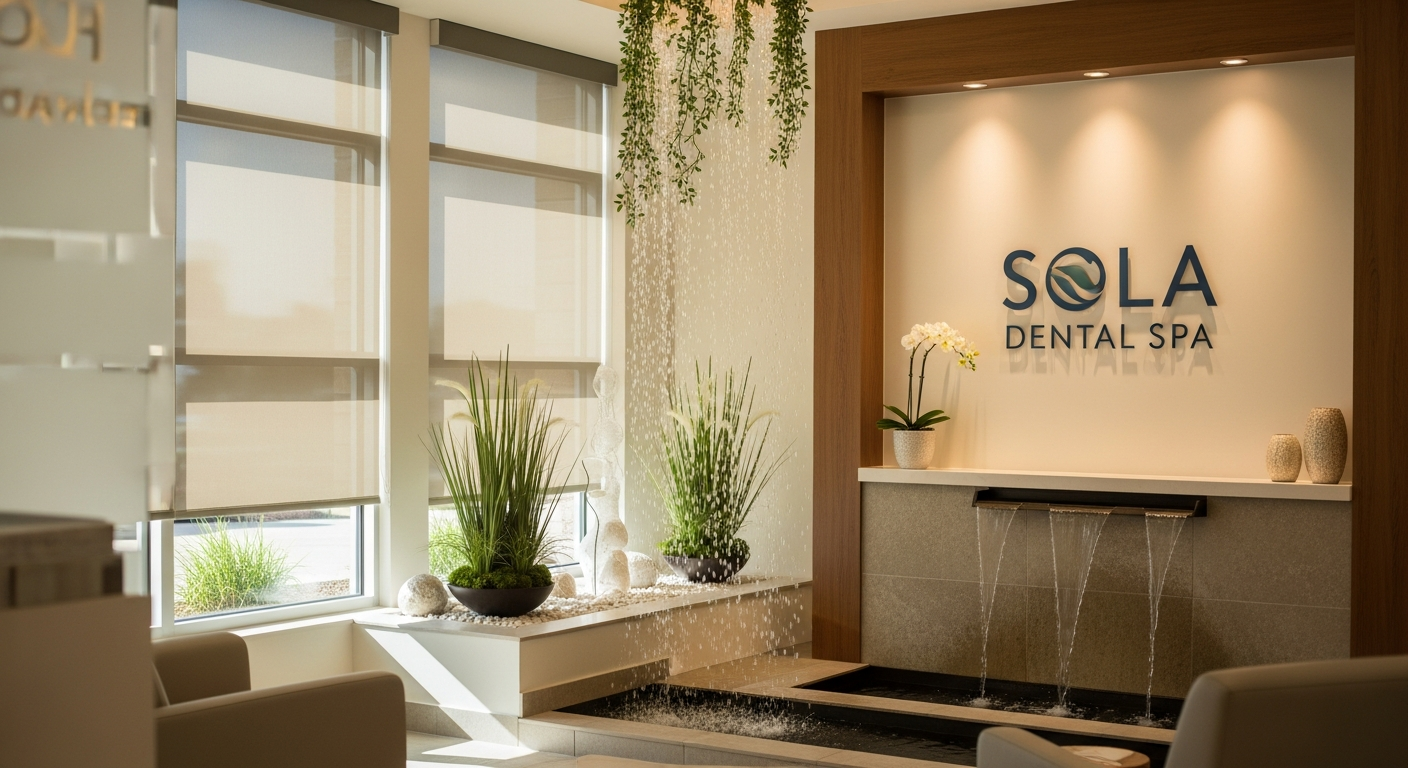
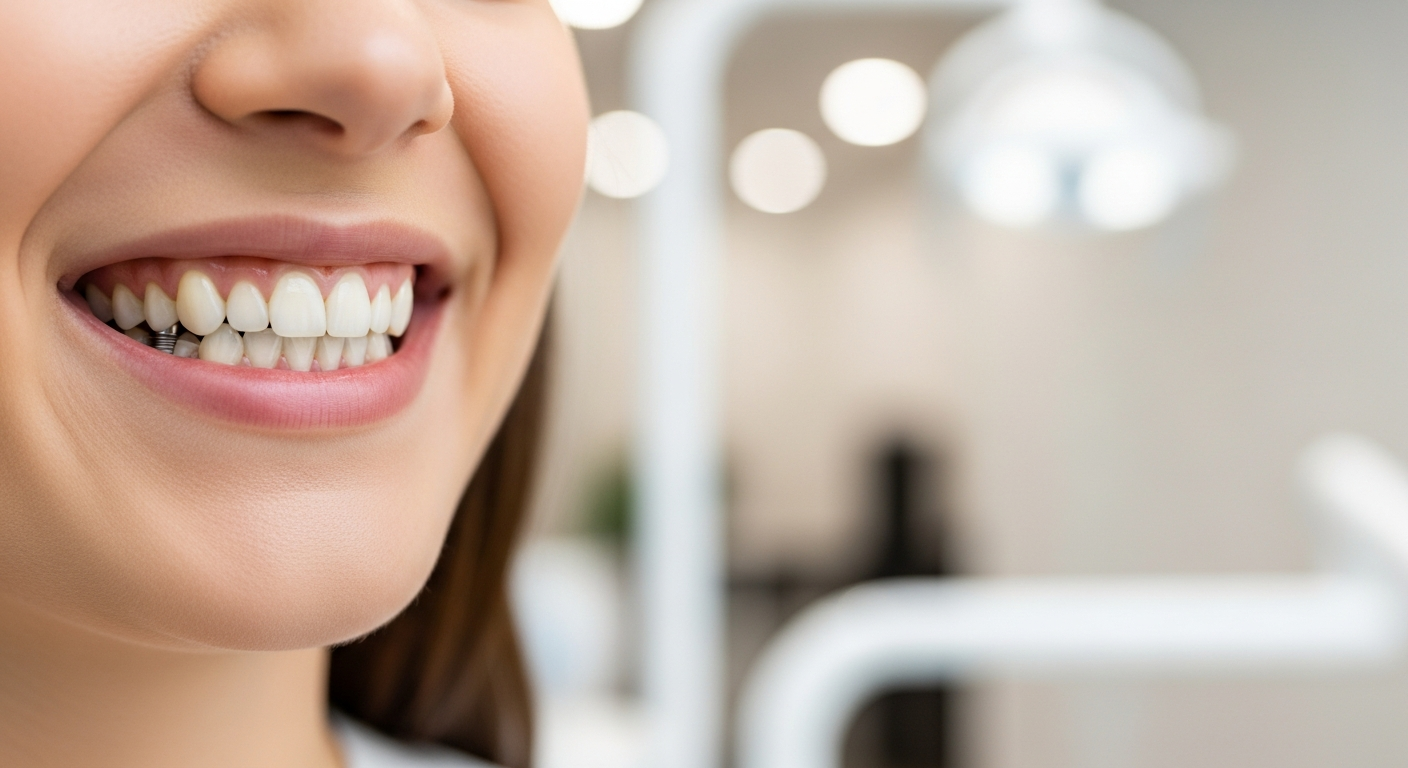
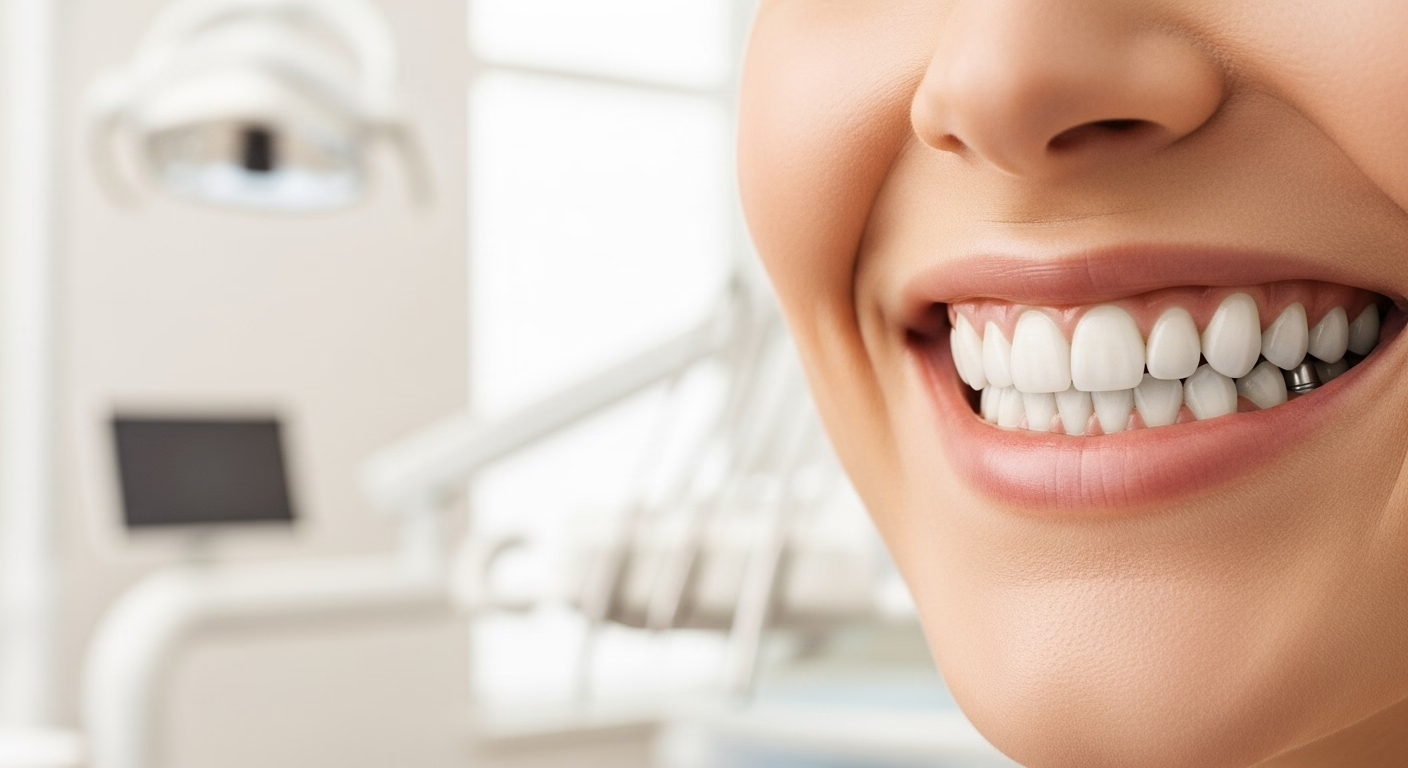
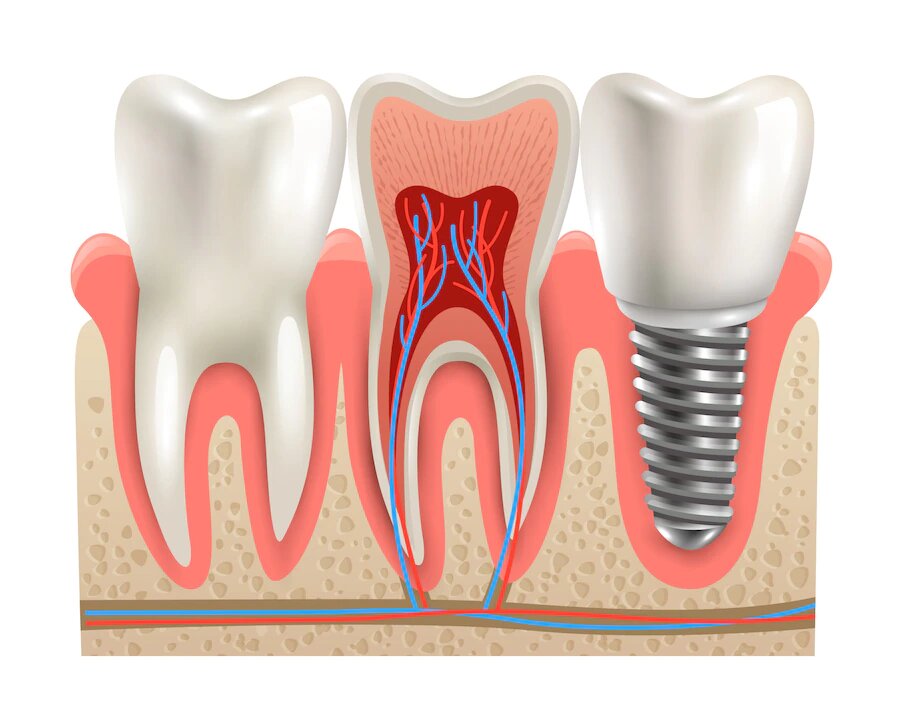










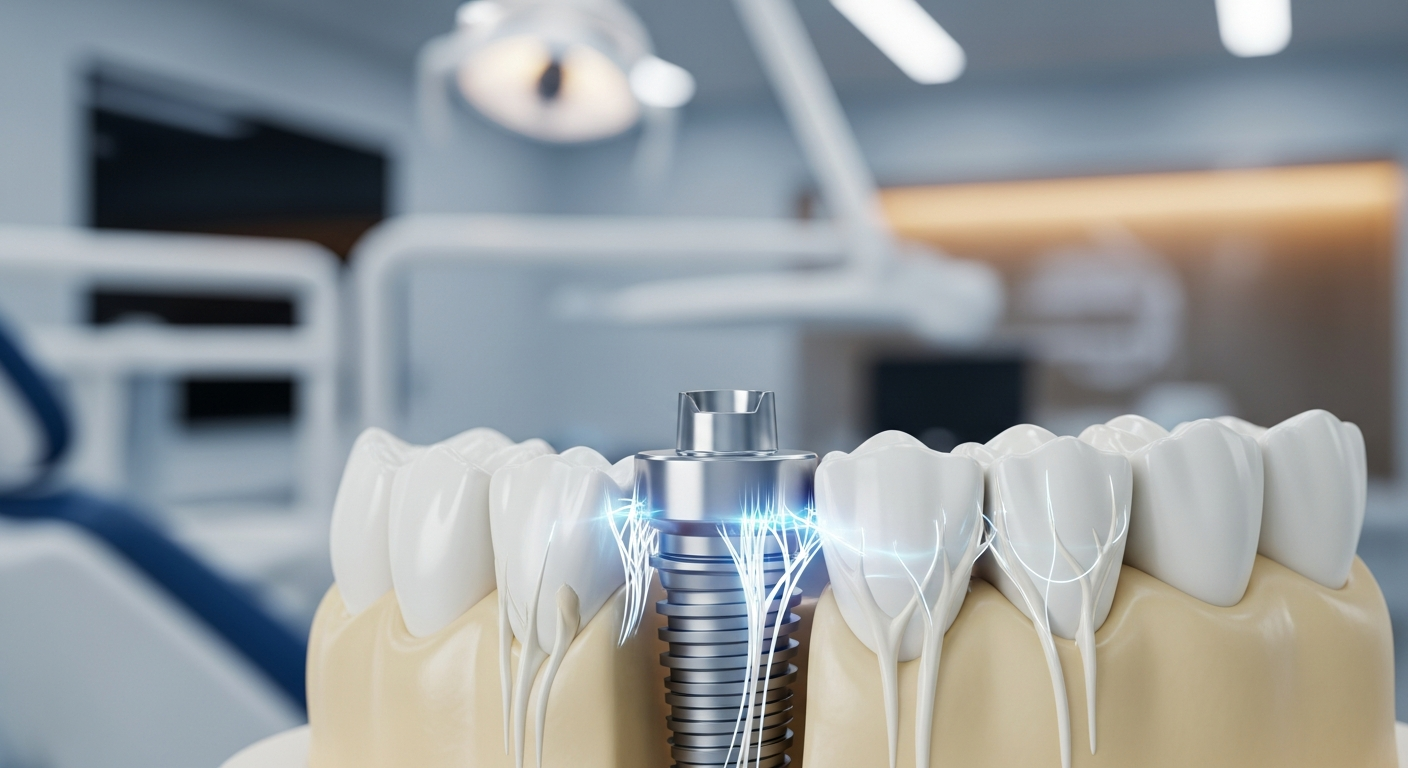
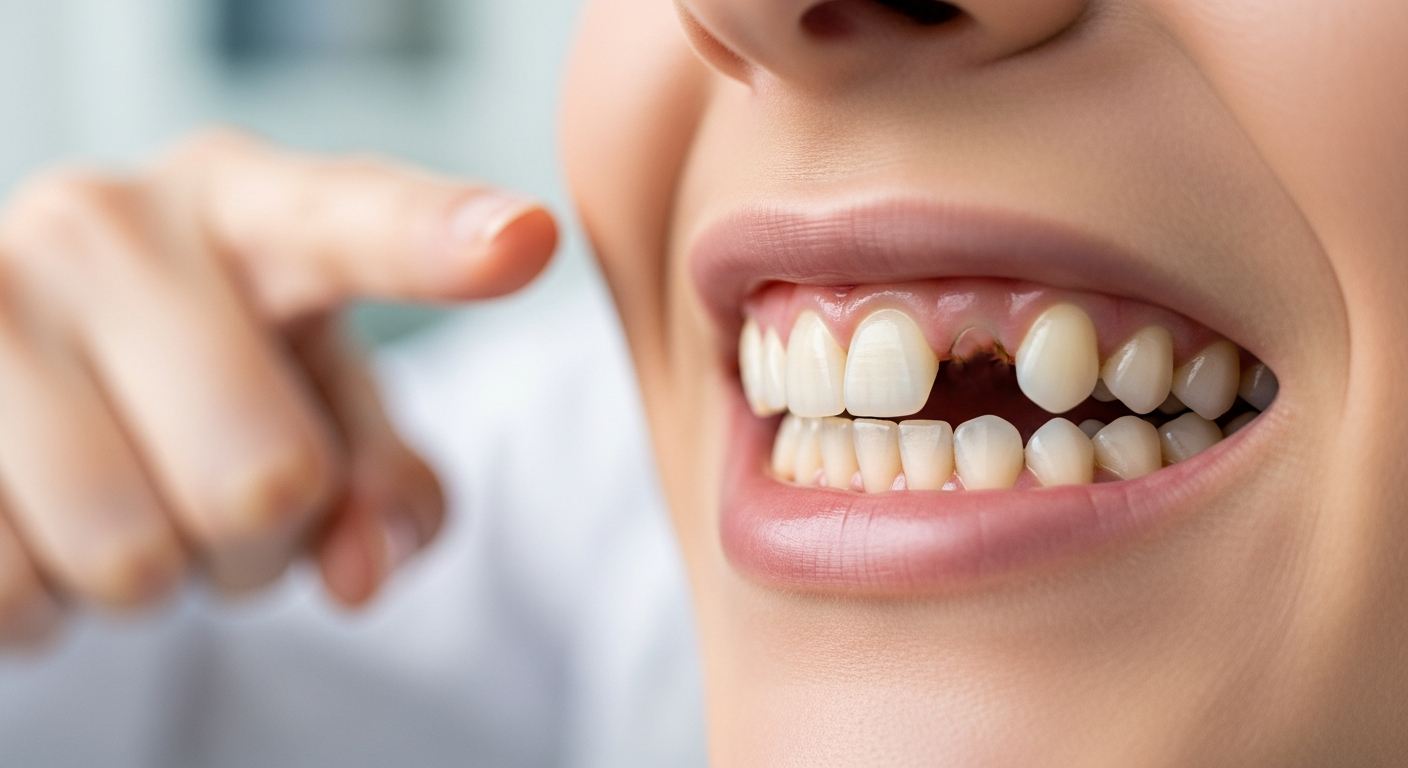





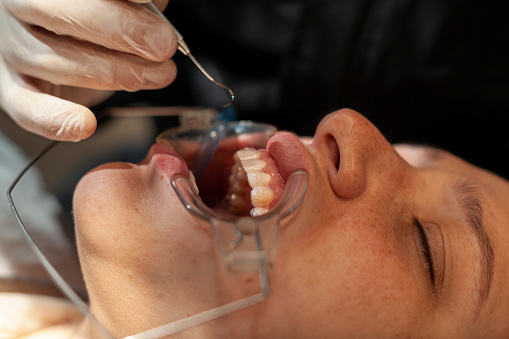

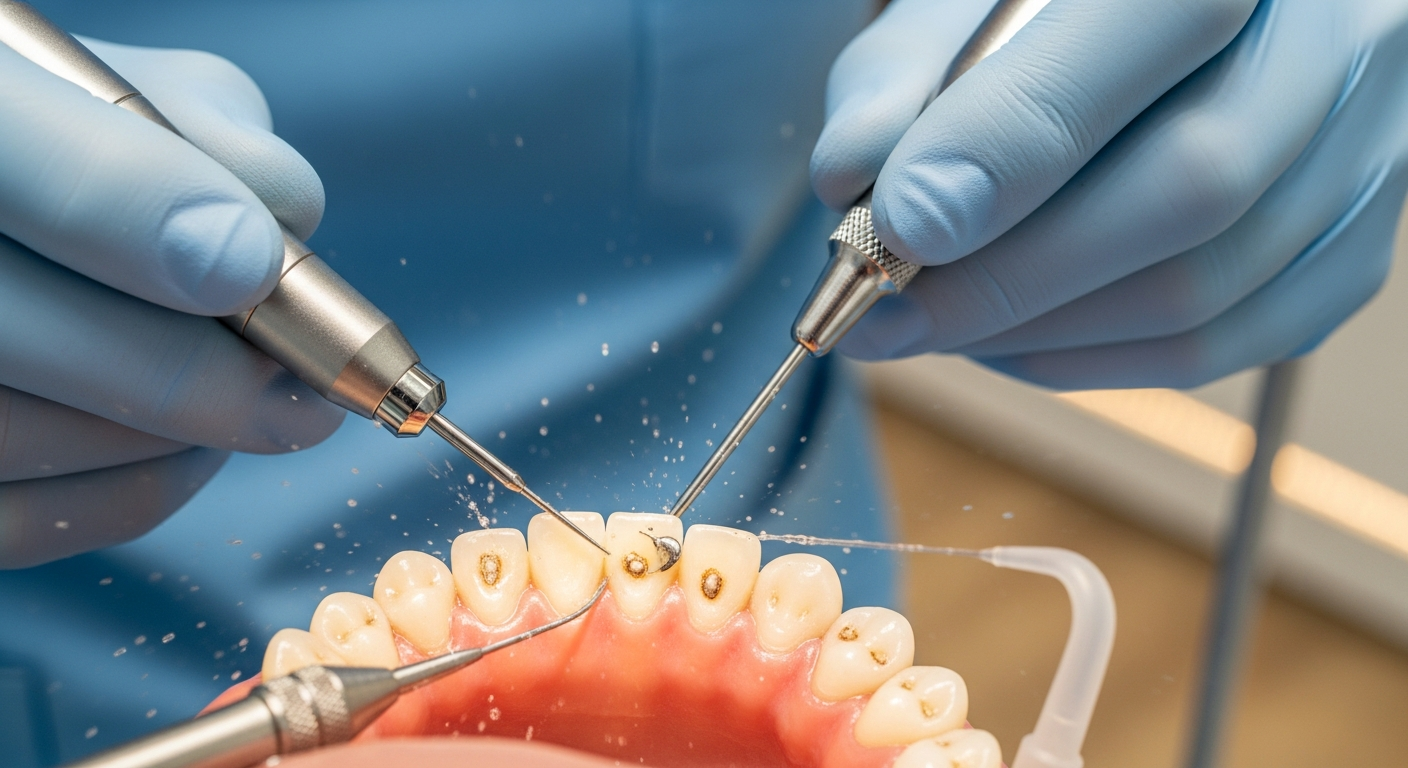


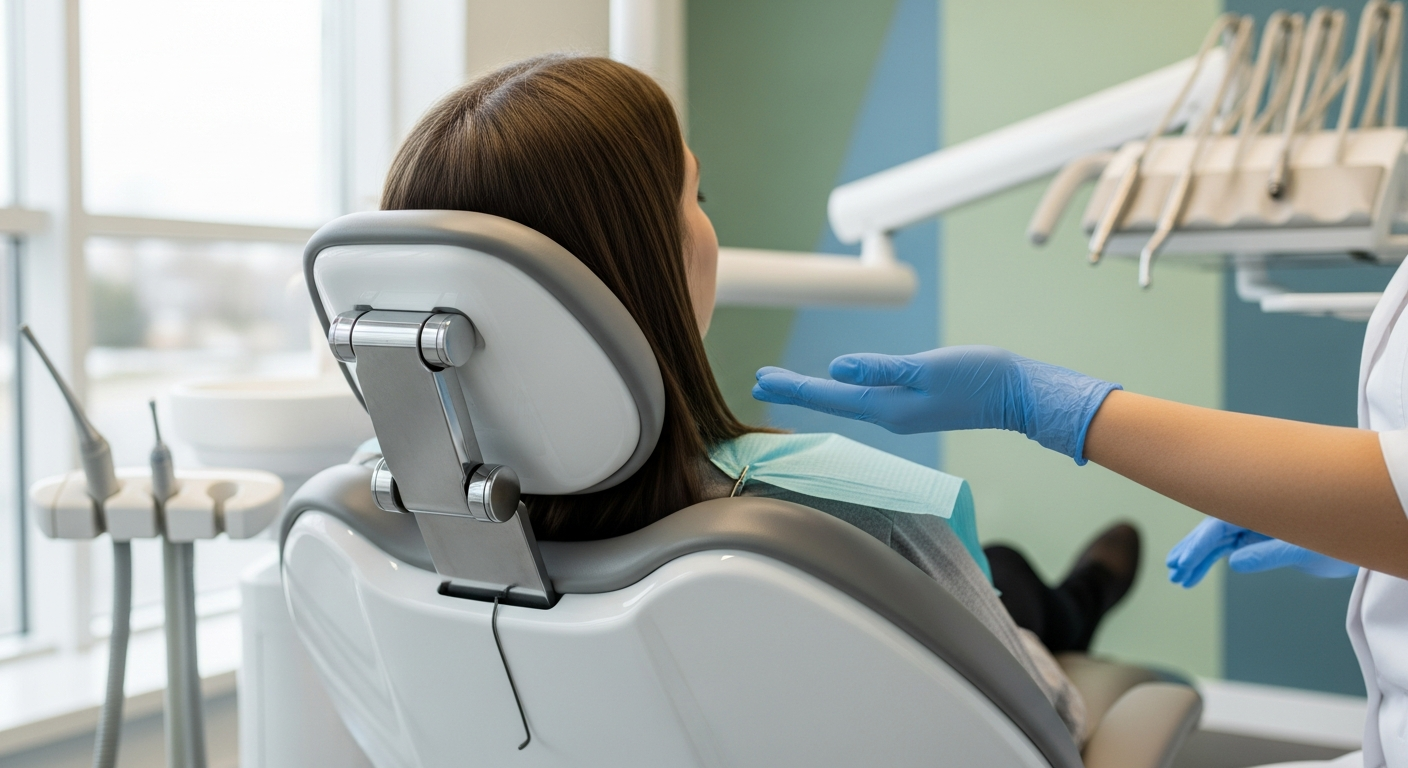


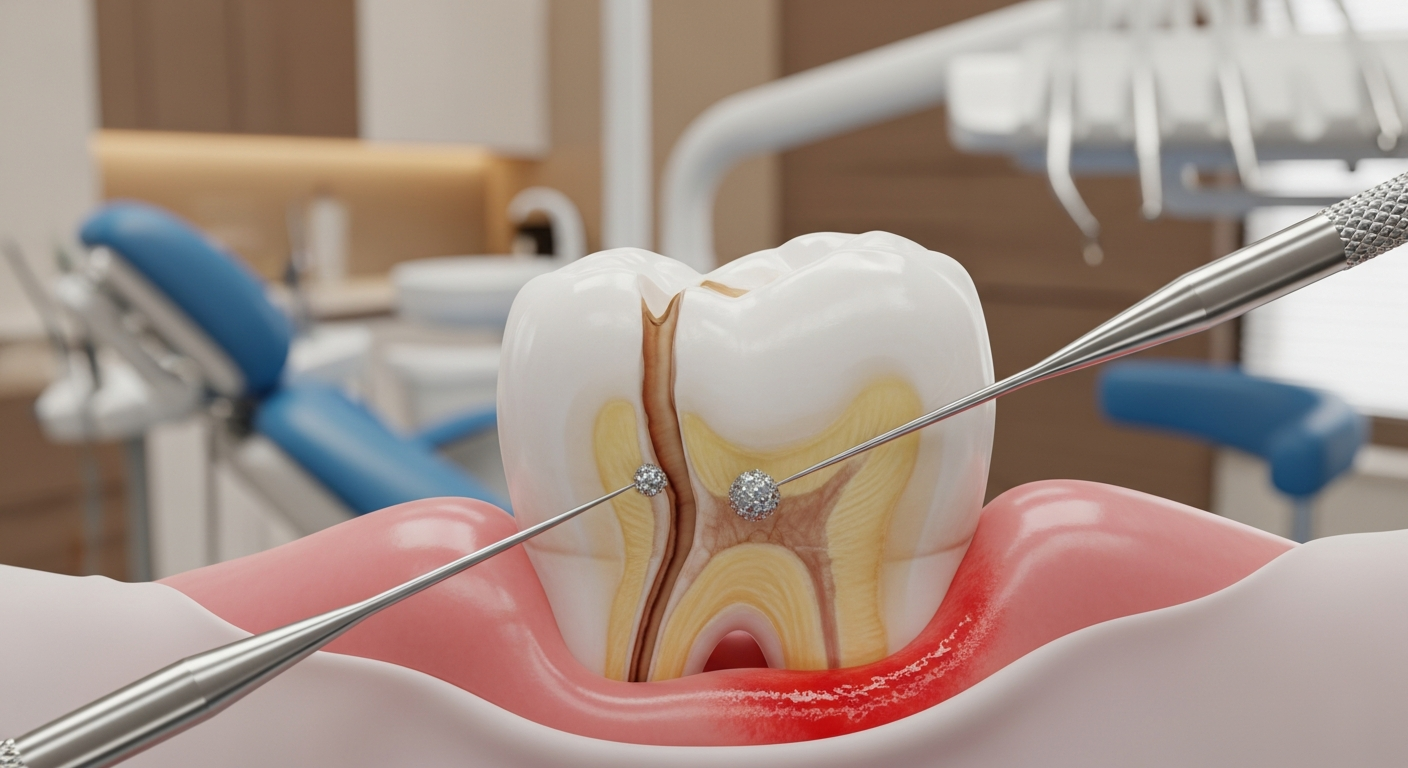




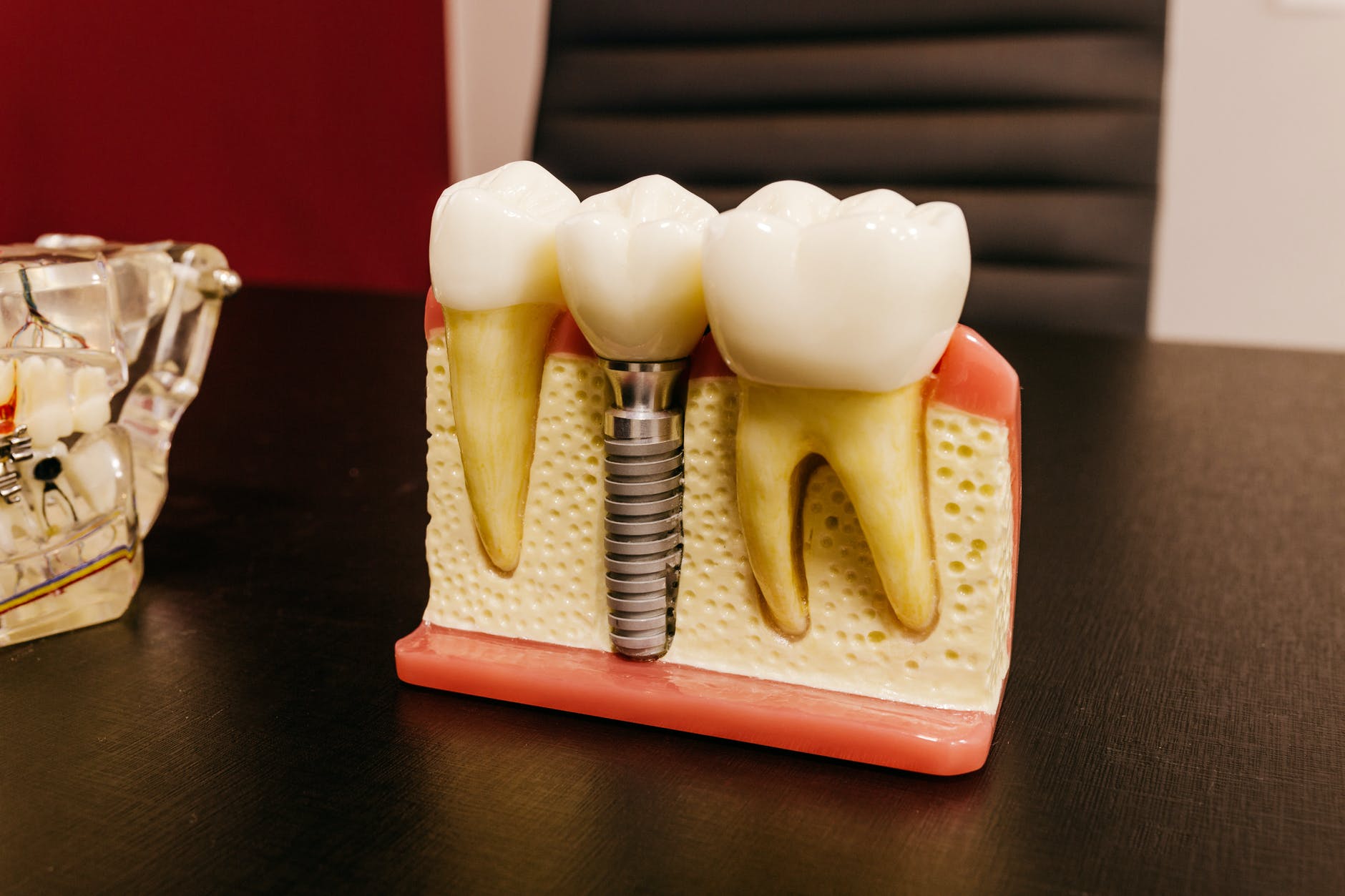


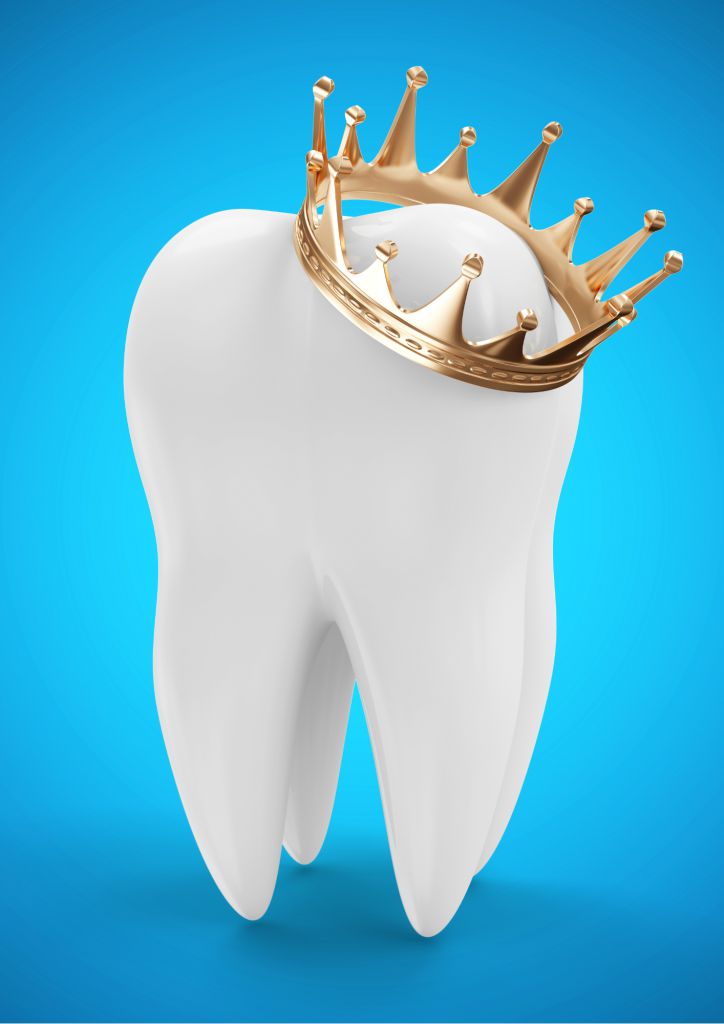



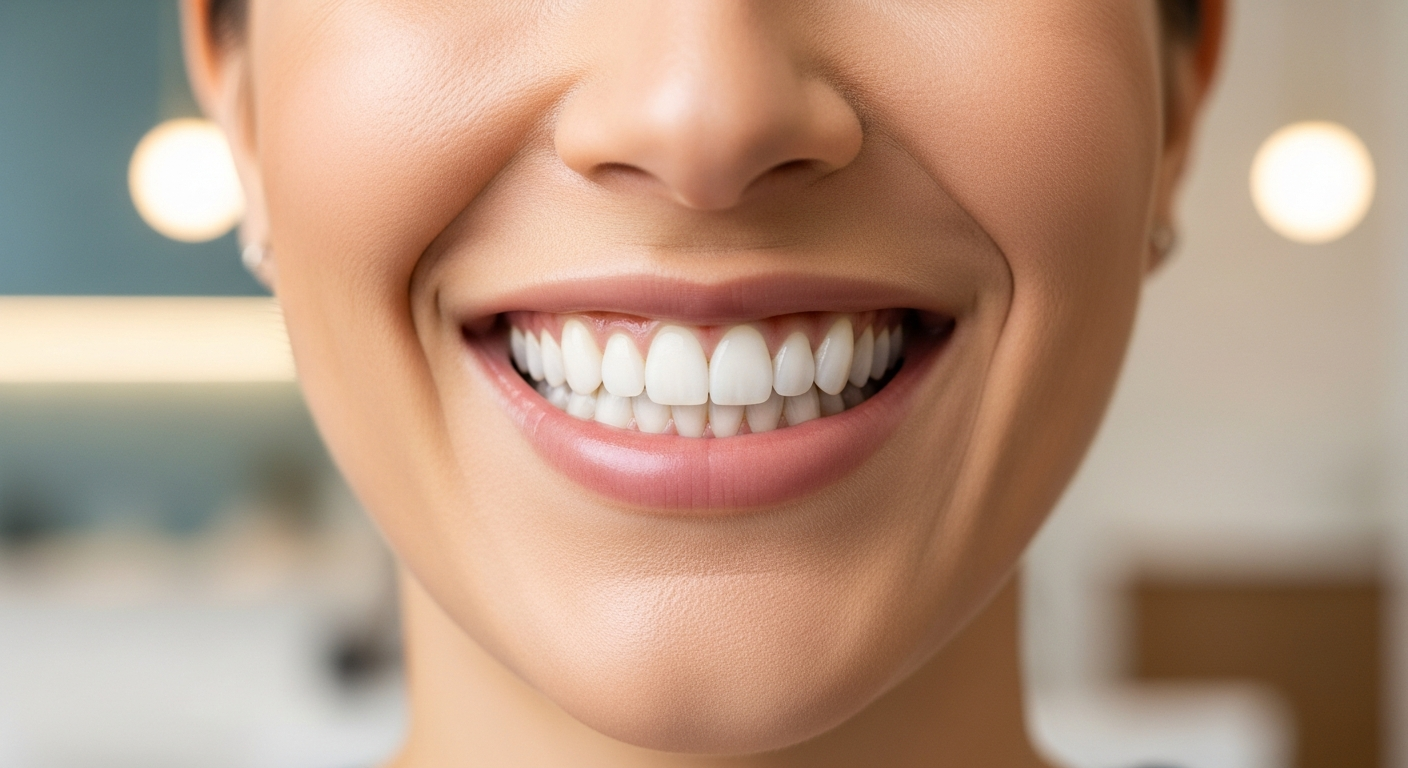



.avif)






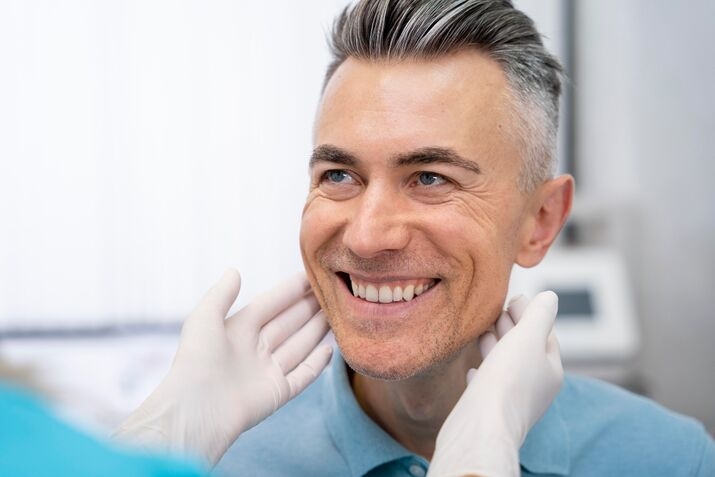
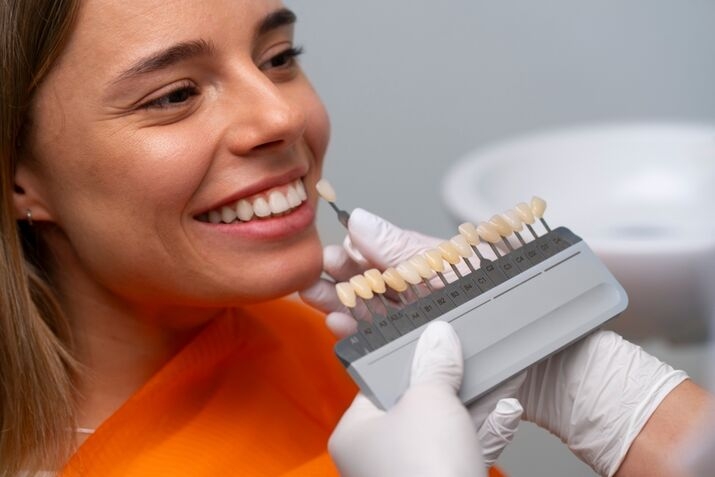
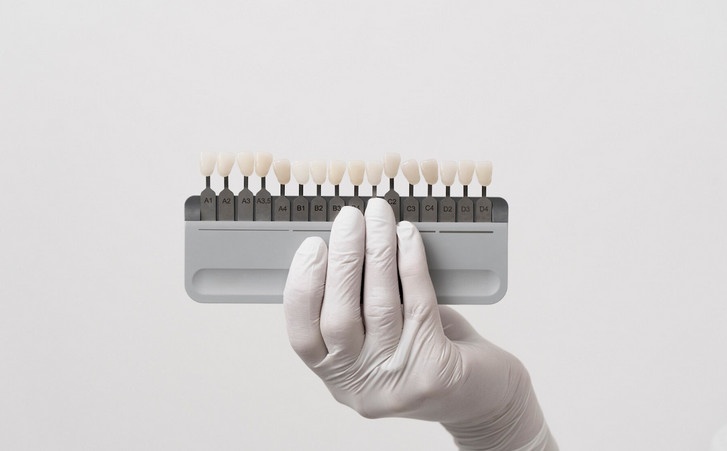

.jpg)


















.avif)


















.jpg)


